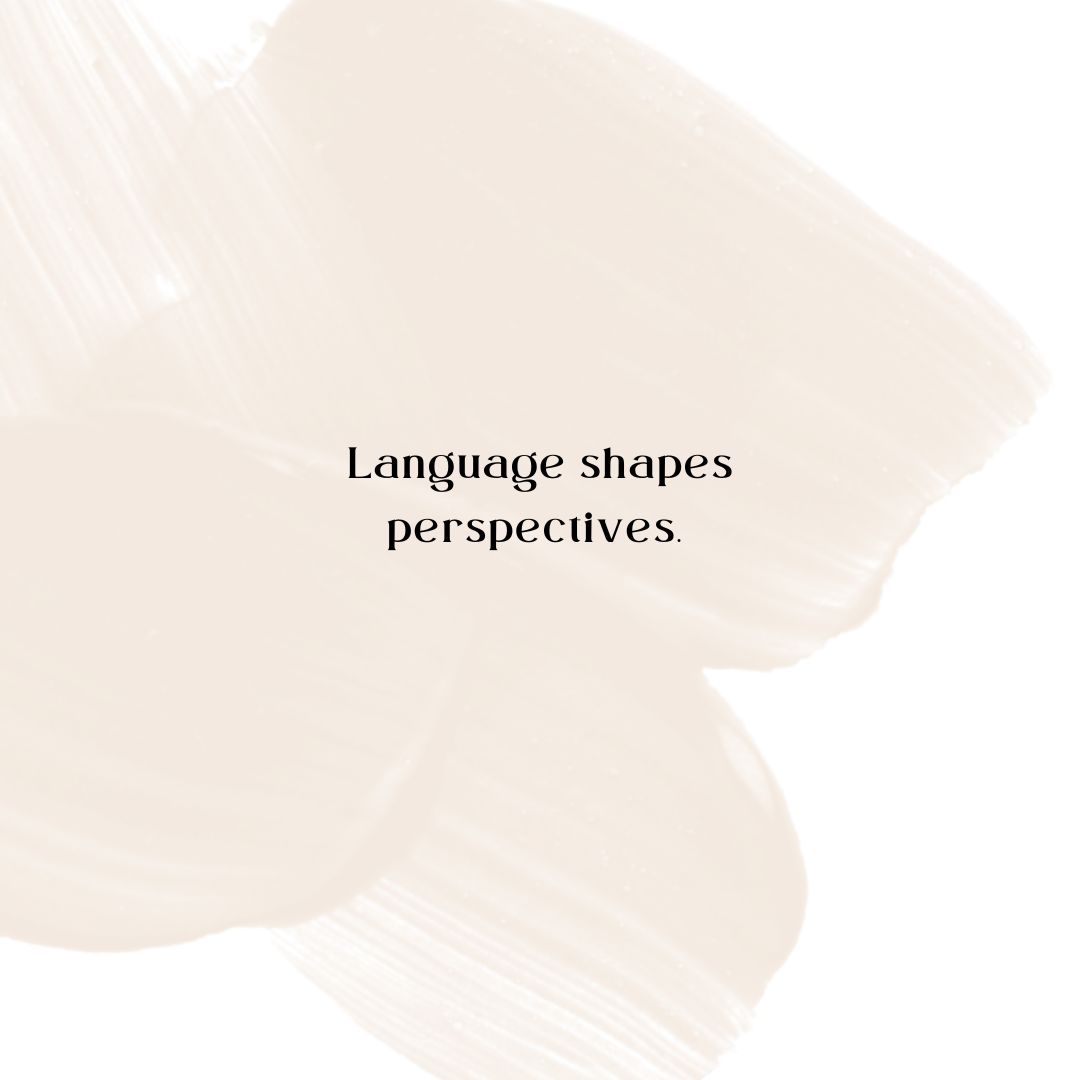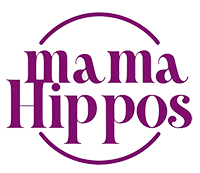Ableism is sneaky. The language we use subtly shapes our perspectives of our world. I learned the power of language while writing my doctoral dissertation.

The Power Words
My dissertation researched how to make online college courses more accessible for autistic adults. I went into my research using the language “adults with autism”. My participants overwhelmingly preferred the language “autistic adults”.
At first, I was uncomfortable using the term “autistic adult”. But, then I really took the time to unpack why that made me uneasy. I realized that society shies away from using the term autistic adult because of a fear that it makes someone feel or sound less than or imperfect. My research participants completely reshaped my perspective. Autistic adult or autistic individual, is an acknowledgement of what makes someone unique. It takes a strengths-based approach.
Now, here is the important caveat: It is up to the individual. When working with an adult or older child, I ask their preferred terminology. When working with a minor or a very young child, I ask the caregiver’s preferences.
Imagine the impact if we incorporated that mindset into our parenting. The language we use about our children and our experiences shapes our mindsets.
After my experience working with my autistic research participants, my perspective was changed. Autism is not wrong and a neurotypical world view is not automatically correct.
Is it wrong if a child lines up their cars in a straight row? No, there is beauty in order.
Is it wrong if a mother of an autistic child uses a handicap parking place? No, there is logic in using resources to increase safety.
Is it wrong if an autistic adult doesn’t make eye contact when speaking? No, in fact, not all cultures are comfortable with eye contact.
Let’s challenge ourselves, and invite others to be aware of the impact of our language.
